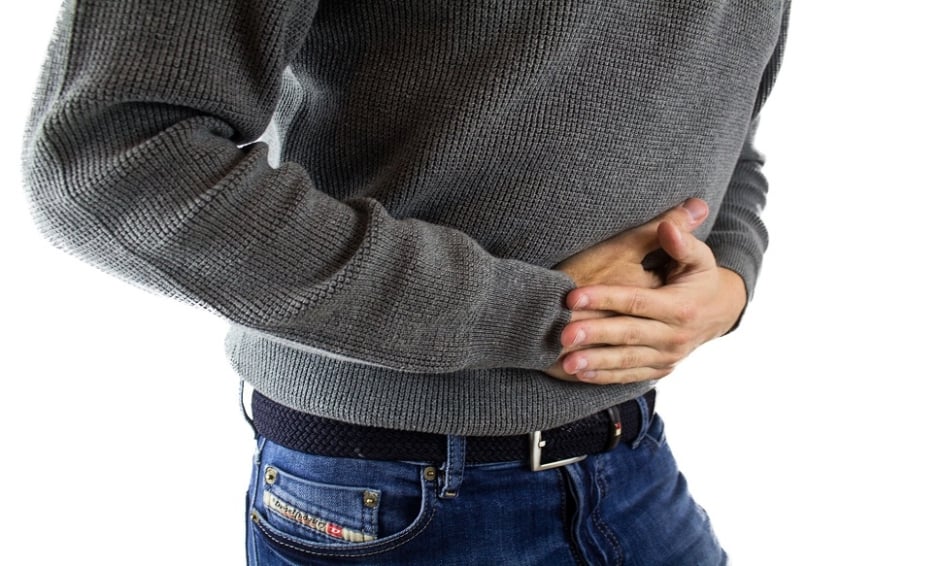CLINICAL relapse risk amongst individuals with ulcerative colitis (UC) more common if the levels of vitamin D in the blood are lower than required, according to researchers at the Beth Israel Deaconess Medical Center, Boston, Massachusetts, USA.
Senior author Dr Alan Moss, Digestive Disease Center, Beth Israel Deaconess Medical Center, and Associate Professor of Medicine, Harvard Medical School, Boston, Massachusetts, USA, highlighted a link between low levels of vitamin D and active disease amongst individuals with UC, yet it is still unclear whether this causes an increase in disease relapse. Dr Moss stated: “Prior studies in patients with Crohn’s disease and UC had linked low vitamin D levels to disease flare-ups.” He continued: “However, it has been unclear if the flare-up was lowering vitamin D levels, or if low vitamin D levels were causing the flare-up. We thought that if we looked at vitamin D levels when the disease was inactive and then followed patients moving forward, the impact of baseline vitamin D levels on future events may be clearer.”
Vitamin D serum levels were collected by Dr Moss and his team via a physician-blinded prospective study. They measured the levels of vitamin D present in the blood samples, as well as the levels of inflammation through biopsies and blood tests. Seventy individuals were included in the study, all with UC in clinical remission, and who were followed up by the Beth Israel Deaconess Medical Center after a surveillance colonoscopy. The team followed the individuals over a period of 12 months to compare the data between those who experienced relapses and those who remained well. The mean baseline level of vitamin D was lower in individuals who experienced relapses compared to those who remained healthy.
Dr John Gubatan, Beth Israel Deaconess Medical Center, explained: “Patients who had higher vitamin D levels when their disease was in remission were less likely to experience a relapse in the future.” He added: “This suggests that higher vitamin D levels may play some role in preventing the UC relapse.”
Moss and Gubatan are continuing their research, investigating the potential link between vitamin D and a specific protein, cathelicidin. This protein is found in cells lining the colon. The researchers believe that the association between vitamin D and cathelicidin may be beneficially linked to microbial composition. The researchers now aim to find out more about how vitamin D may protect cells in the colon.
(Image: freeimages.com)








